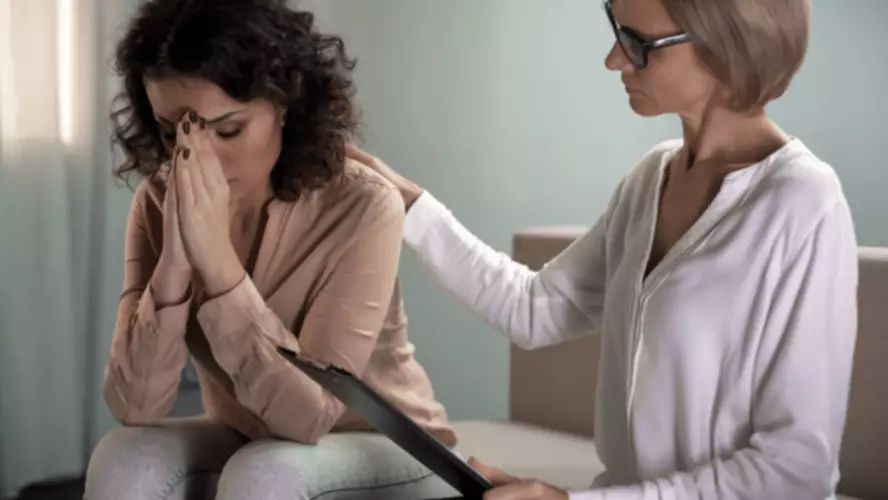28 Jul How to Survive in An Unhappy Marriage
Success is not overnight, so it takes patience from the recovering adult and the supportive partner. It may also be helpful to get to know yourself on your own, first. marriage after sobriety Spending sober time becoming familiar with your body intimately can help you better communicate your needs to someone else when you feel ready for that step.

Coping with and living through an unhappy marriage
Those in recovery often realize that their actions during active SUD can have long lasting impacts on relationships. Respecting everyone’s boundaries and feelings can be key. But stable and loving relationships are possible with someone who’s in recovery. This cycle can be hard to break, but it is possible with the right recovery strategy for you and your partner. In addition, you can visit The National Coalition Against Domestic Violence (NCADV), a domestic violence prevention advocacy group with a list of resources for relationship abuse help.
CREATE A PLAN
Kyle Richards Opens Up on Her and Mauricio Umansky “Growing in Different Directions” – Bravo
Kyle Richards Opens Up on Her and Mauricio Umansky “Growing in Different Directions”.
Posted: Wed, 15 Nov 2023 08:00:00 GMT [source]
“If I’ve had a great day and I’m really positive, it’s fine. If I get a whiff of that red wine and I’m having a day where I’m feeling less than, it’s not that I want to drink the wine, but I get this little pang of nostalgia,” said Stephens. “I think my sobriety is a huge reason why I’ve been successful in my business. Vanessa Royle, 31, quit drinking during the pandemic, in May of 2020. She initially cut out alcohol alongside caffeine and sugar, but after reintroducing the latter two, Royle came to the conclusion that she should leave alcohol behind for good.
- If the partner living with SUD hasn’t found healthy ways to cope with the trauma or PTSD, then it could begin to affect them in negative ways.
- However, there’s going to be some friction, and that’s when family therapy comes in handy.
- All these days, checking in regularly extensively impacts your sober partner’s success.
- Would you expect to drive a car without first taking drivers’ ed?
- A relationship with a recovering alcoholic does not necessarily need to change in a major way – remember that your partner is the same person they have always been.
- We did this tightrope walk through two extended stretches of sobriety and two big relapses.
Substance Use Treatment
- If the person with SUD suddenly isn’t dependent upon their partner to take care of them, this can cause a disruption in the relationship as well.
- Practice this skillset on all the issues you listed in step 1.
- Attending support groups like these can help build an understanding of what addiction is and how to deal with an alcoholic or other recovering addict in a healthy and supportive manner.
No couple is perfect, and adding addiction recovery to the mix can put your relationship under considerable strain. Couples therapy can be hugely valuable to even the healthiest of relationships, so why not when you are going through addiction recovery together? One of the best things you can do to help your partner in recovery is finding ways to keep the foundation of your relationship strong. Therapy might just be what you need to help you do that. As the partner of an addict in recovery, it is important for you to recognize whether their recovery is going well and decide if you can handle the burden without help.
Go to Marriage Counseling for Addiction
It may take time, but you can recover from SUD and the relationship issues that stem from it. If you need further help or support during the relationship recovery process, consider speaking with an individual, family, or couples therapist. If you’re recovering from substance use disorder (SUD) or you love someone who is, you know just how challenging it can be to heal the harm that may have occurred. This can be especially true when it comes to repairing relationships. Rebuilding a marriage damaged by alcoholism isn’t easy. It requires strength, patience, and a commitment to recovery that outlasts the toughest days.
How to repair relationships after substance use disorder
New country (for both of us), new people new adventures.
It’s important to understand that alcoholism is a disease, and your spouse may have underlying issues that trigger the cravings for alcohol. Couples therapy can help you strengthen your relationship and communicate effectively with your partner. However, part of taking care of yourself while supporting someone in recovery https://ecosoberhouse.com/ is to undergo individual therapy. When couples shut each other out, rather than maturely communicating and resolving the conflict, issues tend to pile up. These tend to burst out during fights as excuses, and further damage the relationship. A lot of couples pretend that everything is okay in order to avoid confrontation.
- A therapist can help you learn more about the role you may have played in a codependent relationship and learn healthier patterns.
- That way they will feel less like a burden and more like a partner in a loving, supportive relationship.
- A husband who used to stay out late drinking will now be spending much more time at home.
- While you may harbor resentment or anger toward your spouse, it’s often counterproductive or damaging to constantly rehash these feelings.
- If your marriage was strained at all when you drank it will likely be strained in recovery.
- If addiction has impacted your marriage, you may be wondering if the only solution is to separate from your spouse.
How Do You Support Your Sober Partner in Recovery? 13 Real Strategies

In fact, this kind of marriage still has the potential to become exactly the kind of partnership the couple had hoped for when they said, “I do.” Marriage is a union between two people that involves a strong emotional connection, commitment, and a shared life together. When one partner struggles with addiction, though, this can significantly affect the dynamic of the relationship. The most common cause of relapse for addicts is being exposed to triggers. For some addicts, that can mean moments of emotional distress or loneliness. It is important for you to talk to your partner and identify their triggers so that you can be aware of them.



